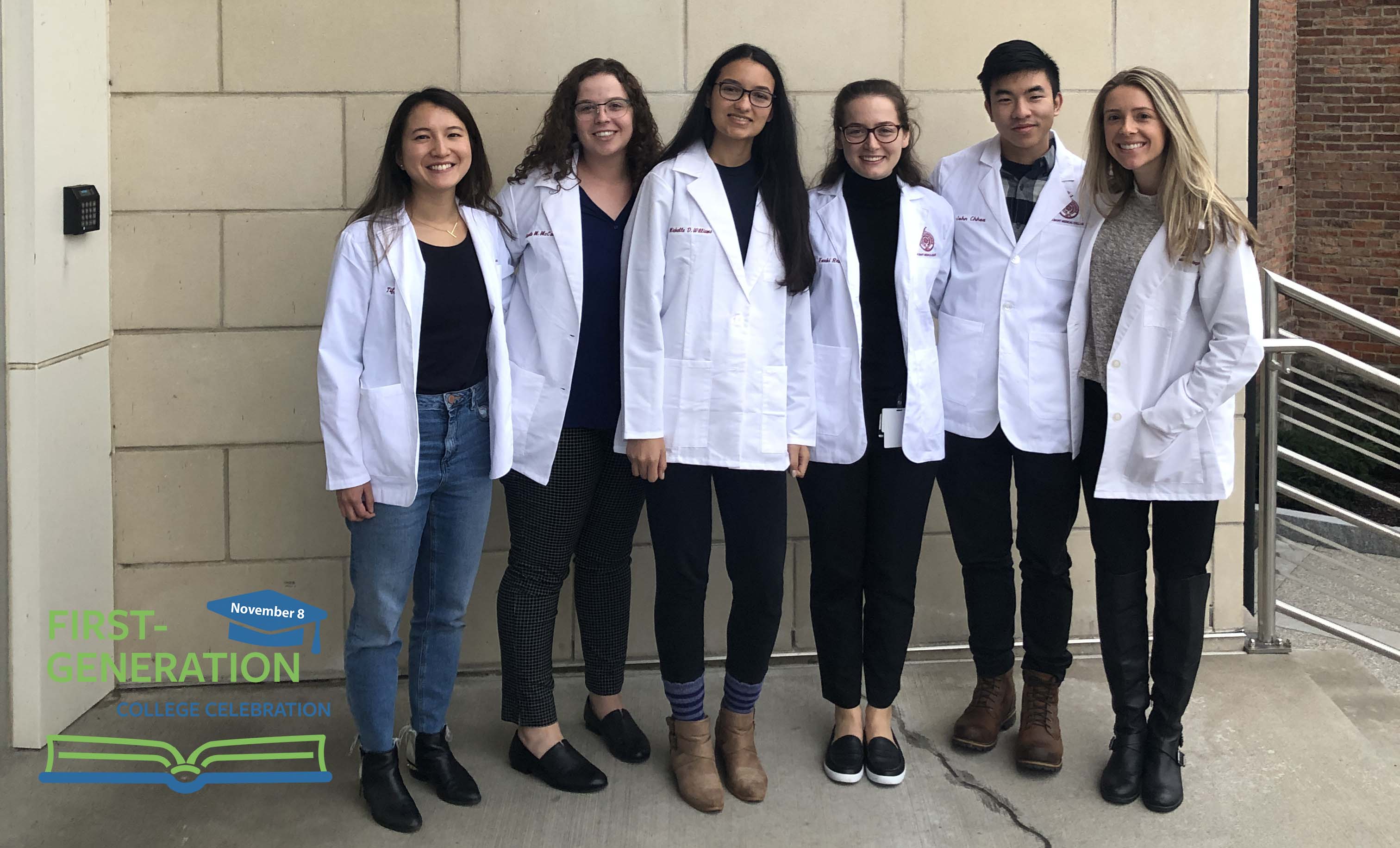Physician-scientist training is built on continuous dyadic conversations between a mentee and a mentor. Mentees have always learned through such conversations about prioritization, professionalism, ethics, and the navigation of a productive career. Previous work on mentorship focused on broadly defining ‘‘good mentoring’’ for all mentees, overlooking the additional barriers firstgeneration and underrepresented in medicine (UiM) trainees encounter—the minority tax, the gratitude tax, tokenism, and the intersectionality of diverse individuals—and the specific mentorship needed to overcome them. As medicine strives to better integrate and support first-generation and UiM mentees as early-career physician-scientists, we suggest there are additional conversations mentors and mentees should initiate to help first-generation and UiM early-career physician-scientists mitigate and overcome barriers they often encounter in academic medicine. Consider four examples of common scenarios encountered by first-generation and UiM trainees and potential solutions.
Explorescholarly articles
Mentoring First-Generation and Underrepresented in Medicine Physician-Scientists by Expanding Conversations
Related Stories

Data, Assessment, & Evaluation
Staff Perceptions of First-in-Family Students in Higher Education: A Case Study of a Belgian College

Access and Persistence
“I Wasn’t Supposed to Be There”: Examining the Experiences of First-Generation Women of Color in Undergraduate STEM Majors

Data, Assessment, & Evaluation
